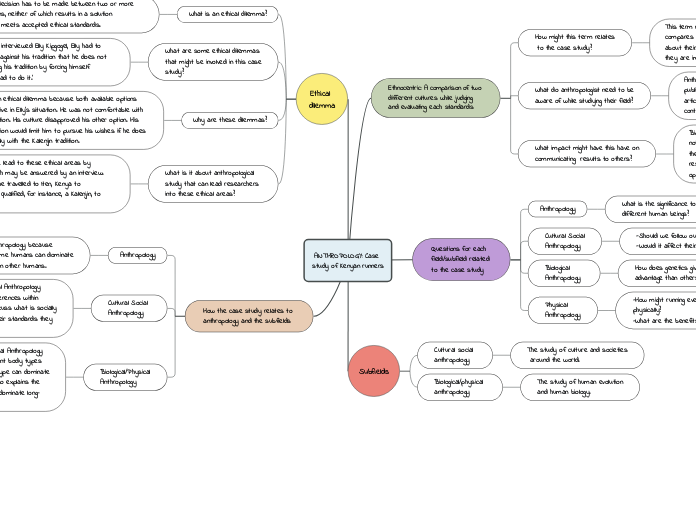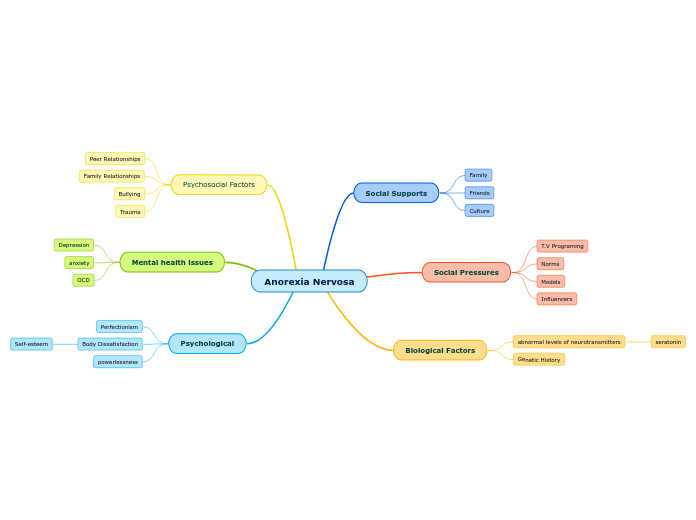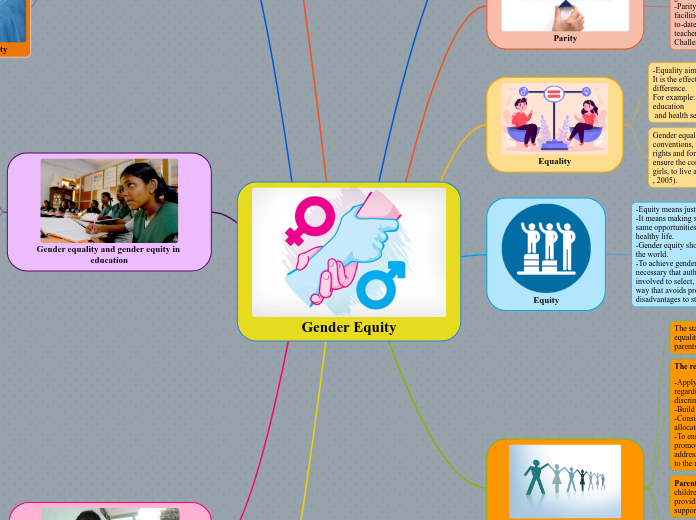par chiara trakilovic Il y a 2 années
340
ANTHROPOLOGY: Case study of Kenyan runners
Anthropologists must be vigilant about maintaining objectivity in their research to avoid bias, which can lead to controversy and hinder clear communication of results. Bias in research results can restrict the scope of the study and alienate readers who may not share the same views.









